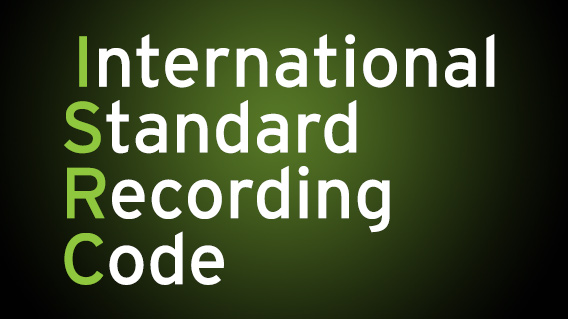International Standard Recording Code
ISRC codes are only necessary for the final version of the recording – if the recording is purely for personal use, a rough mix or a rehearsal recording then you won’t need an ISRC code at that stage.
ISRC which stands for International Standard Recording Codes is an international system which allocates a unique code which is encoded into any music recording – unique ISRCs identify any music recordings for payment.
ISRCs consist of 4 parts:
· Country Code: 2 letters which represent the country in which the registrant is based, for example, UK for United Kingdom.
· Registrant Code: 2 alpha-numerical digits, which, when used with the Country Code is unique to the registrant.
· Year of Reference: the last 2 digits of the year in which an ISRC code is allocated.
· Designation Code: 5 digits which are unique to each track.
ISRCs for CDs – the ISRCs are encoded during the disc mastering process. ISRCs must be encoded for each track in the pre-master stage. Remember, ISRCs are important as they enable payments to be made for any music recordings or music videos.
The ISRC code for any music recording/music video stays the same no matter how many albums the track is on. A new ISRC is only required if there are any changes to the original recording for example, the track is re-mixed or the track length is change.
ISRC codes and Bar Codes are different – ISRC codes identifies individual tracks and the Bar Code or Universal Product Code (UPC) identifies the complete album.
To find out more information please visit: isrc.ifpi.org
We can supply both ISRCs and Bar codes so give us a call if you need these.


